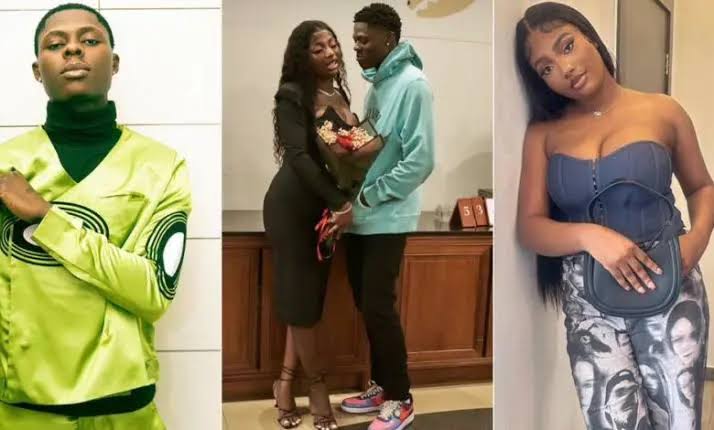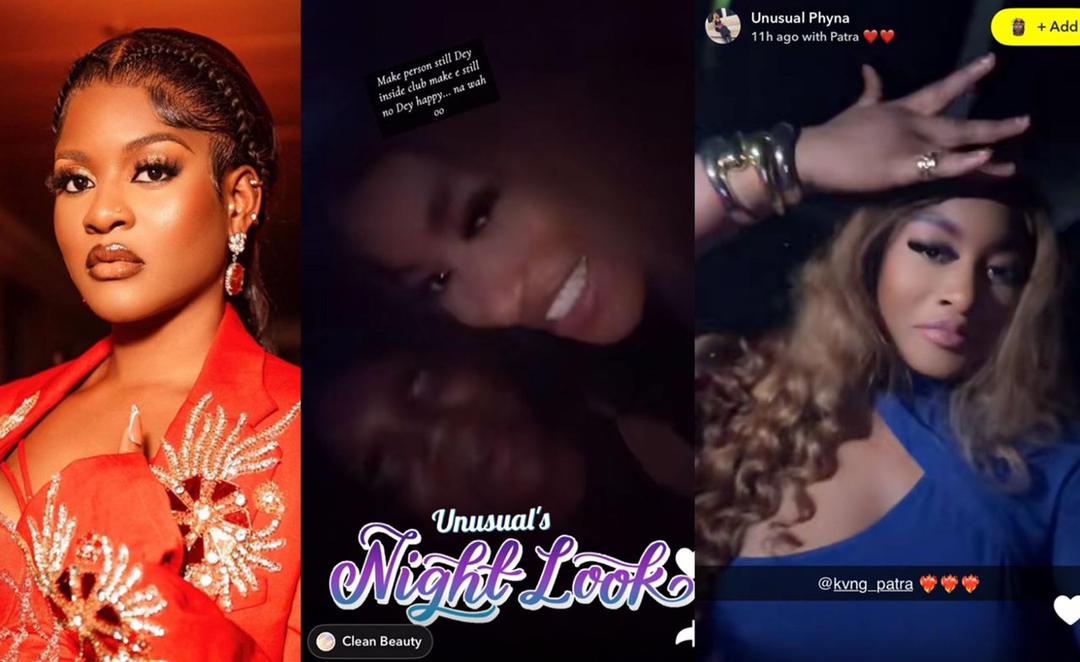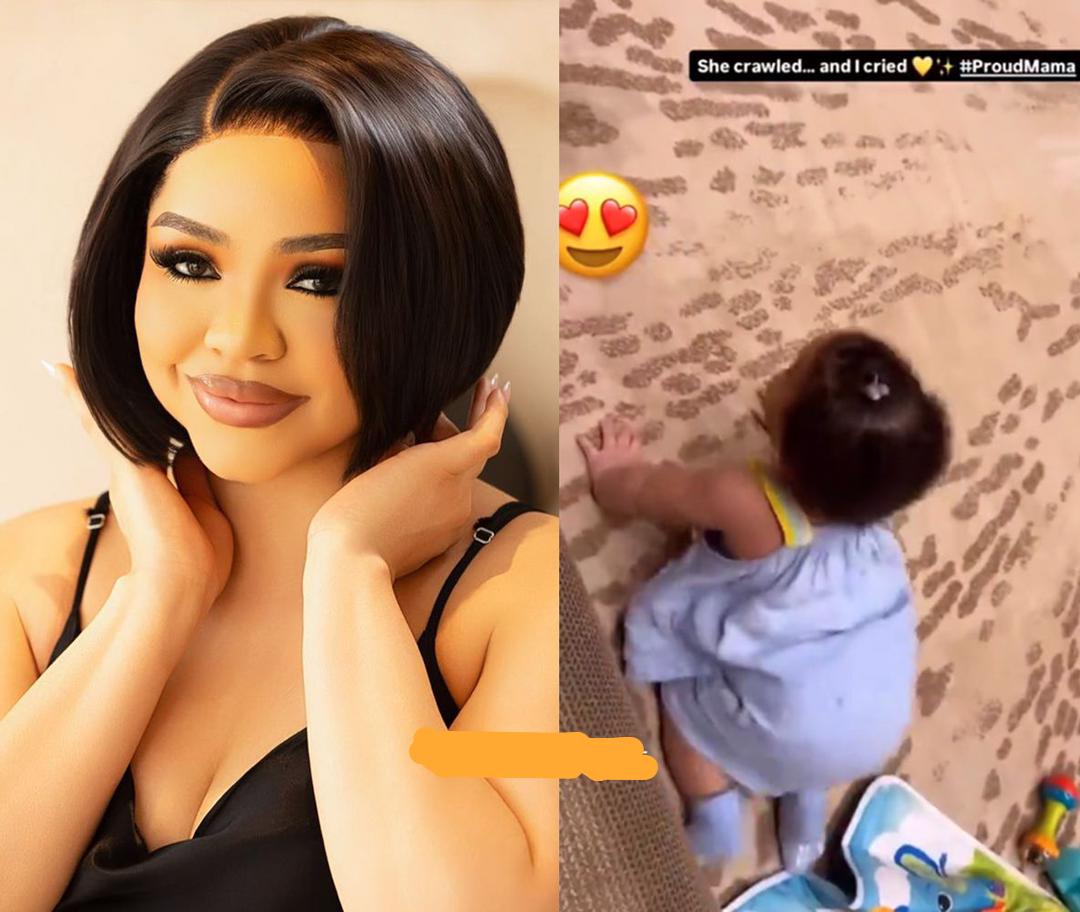
“DNA Test Drama?” – Dr. Kemi Alleges Iyabo Ojo and Tonto Dikeh Arranged Secret Paternity Test for Mohbad’s Son, Sparks Online Firestorm

A fresh controversy has erupted in Nigeria’s entertainment sphere following explosive claims by self-styled investigative journalist Dr. Kemi Ministries, who alleges that actresses Iyabo Ojo and Tonto Dikeh arranged covert DNA tests for Wunmi, the widow of late singer Mohbad, which allegedly ruled him out as the biological father of her son, Liam.
The claims, widely circulated across social media on August 3, have ignited a firestorm of speculation, outrage, and renewed calls for transparency—though no official or legal confirmation currently supports the DNA revelation.
According to Dr. Kemi’s statement, both Ojo and Dikeh, previously vocal advocates for Wunmi after Mohbad’s sudden death in 2023, took it upon themselves to conduct a “secret” DNA verification. The alleged result reportedly excluded Mohbad as the father, adding a layer of personal scandal to a tragedy that had, until now, focused on systemic negligence and domestic instability.
This new claim contradicts the August 2025 coroner’s inquest findings, which attributed Mohbad’s death to complications from untreated head trauma and domestic medical negligence, not paternity conflict or foul play. The coroner’s report, though not without critics, had temporarily quelled public speculation about murder or conspiracies—until now.
The renewed drama has put the spotlight back on Iyabo Ojo and Tonto Dikeh, two Nollywood figures no strangers to controversy. Ojo’s marriage at the age of 21 in 1999 ended quickly due to what she described as “youthful inexperience,” while Dikeh’s public fallout with her ex-fiancé, businessman Prince Kpokpogri, in 2021 made headlines for months. Their checkered histories may explain why many Nigerians either doubt their credibility or believe they may have acted in Wunmi’s interest outside legal channels.
Adding to the speculation is the rumor that Wunmi has quietly relocated to the United States with her son—a move some see as an attempt to escape the storm, while others interpret it as an admission of guilt. Yet again, no official statements or immigration documents have surfaced to support this development.
Critics argue that this narrative is another example of online misinformation spiraling into character assassination, especially in the absence of peer-reviewed evidence, legal affidavits, or medical confirmation. Supporters of Wunmi urge Nigerians not to allow sensationalism to distract from the central issue raised in the coroner’s report: that Mohbad’s death exposed deep flaws in Nigeria’s healthcare response to domestic emergencies.
But for many online, truth is now murkier than ever. Was there really a DNA test? If so, where are the results? Why would Ojo and Dikeh get involved? And if Mohbad isn’t Liam’s father, what does that mean for his estate, his legacy, and the public perception of his widow?
As the story unfolds, Nigerians find themselves once again caught in the throes of celebrity drama, conspiracy theories, and a justice system struggling to keep up with viral opinion.
Until someone breaks their silence—or drops the evidence—this saga remains a volatile mix of grief, suspicion, and unanswered questions.


